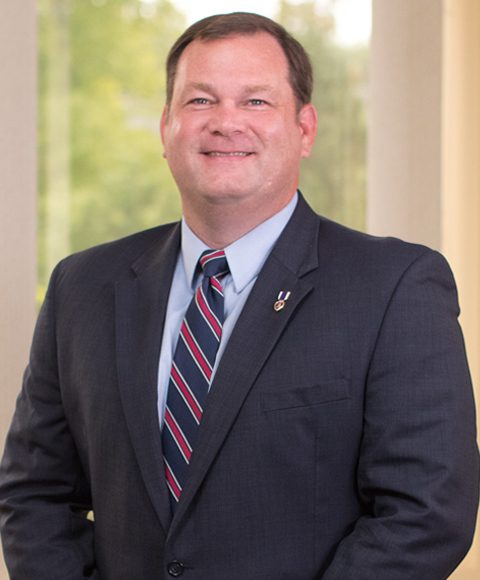On March 1, 2022, the Senate approved two of President Biden’s three nominees for the Merit Systems Protection Board, restoring a governing quorum to the Board for the first time in five years.
With unanimous support from the Senate, both Tristan Leavitt and Raymond Limon were confirmed as members of the Board’s central panel, filling the two positions for the first time since 2017. The Board only needs two of the three slots filled to have a quorum and process appeals. President Biden’s third nominee, Cathy Harris, is still awaiting a Senate vote.
Since January 2017, the quasi-judicial body that protects federal employees from unlawful employment practices such as discrimination and whistleblower retaliation has been unable to issue any final decisions, leaving many federal employees in a legal limbo. While MSPB Administrative Judges were still able to issue initial decisions, if an agency or employee were to file a petition for review, they would find themselves stuck in the backlog of an estimated 3,600 cases awaiting review.
Since receiving approval, many have been eagerly awaiting comment on how the two will look to get through this case backlog. While it is hard to predict Leavitt and Limon’s strategy and timeline for working out of this case backlog, the two have pledged to work through it as quickly as they can and utilize a triage system to address the most pressing cases first. The two have also mentioned that they plan to issue “short orders,” where they can quickly move through cases without offering much explanation for their decisions. They estimate that around half of the backlog of cases could be settled this way, but as with any case brought to the MSPB, it will need to be reviewed properly and it will still take a significant amount of time to get through the sheer volume of cases.
Though many have bemoaned the Senate’s inaction when it comes to the Board’s lack of quorum; their work is not yet done, as the MSPB is still without a confirmed chairman due to the delay for a vote on Harris. At a recent hearing, Harris did make mention of a few ideas that could be used to help triage the backlog. Similar to Leavitt and Limon, she endorsed the idea of determining which cases could be determined quickly or where there was no basis to overturn the Administrative Judge’s decision.
While these strategies will likely serve as an initial baseline for the Board, most likely the Board will default to addressing cases in the order in which they were submitted, barring precedential issues or ones that might have a large influence on federal employment law.
In a recent interview with Federal News Network, Mark Robbins—the last active member of the Board—made mention of the case backlog, stating, “that amount of cases would take about five years to process, just given the amount of staff and the time that the three new members are going to need to read through these files. But five years is a vacuum because there are new cases coming in and the new board will have to prioritize the import of new cases with those that have been in existence for up to five years.”
While the restoration of a quorum is a good first step towards giving federal employees an avenue to fight against improper employer actions, many employees and potential whistleblowers might be discouraged from reporting abuse or misconduct due to the length of time it might take for their cases to be determined. Unfortunately, there aren’t any other options for federal employees who do have cases stuck in this backlog apart from withdrawing them and appealing directly to the U.S Court of Appeals. However, this option is recommended only in cases where there is a clear judicial error. The cost of appealing directly to the Federal Circuit is much higher than appealing to the Board, so in most cases, a federal employee would want to avoid this cost unless there was a good chance of winning.
Looking ahead, my advice to federal employees would be to keep an eye on further developments at the MSPB and stay in contact with your representative to see if there is any opportunity to accelerate the determination of your case should the situation present itself. If you have additional questions about how these nominations will impact your case, our team of attorneys is available to assist you today.








